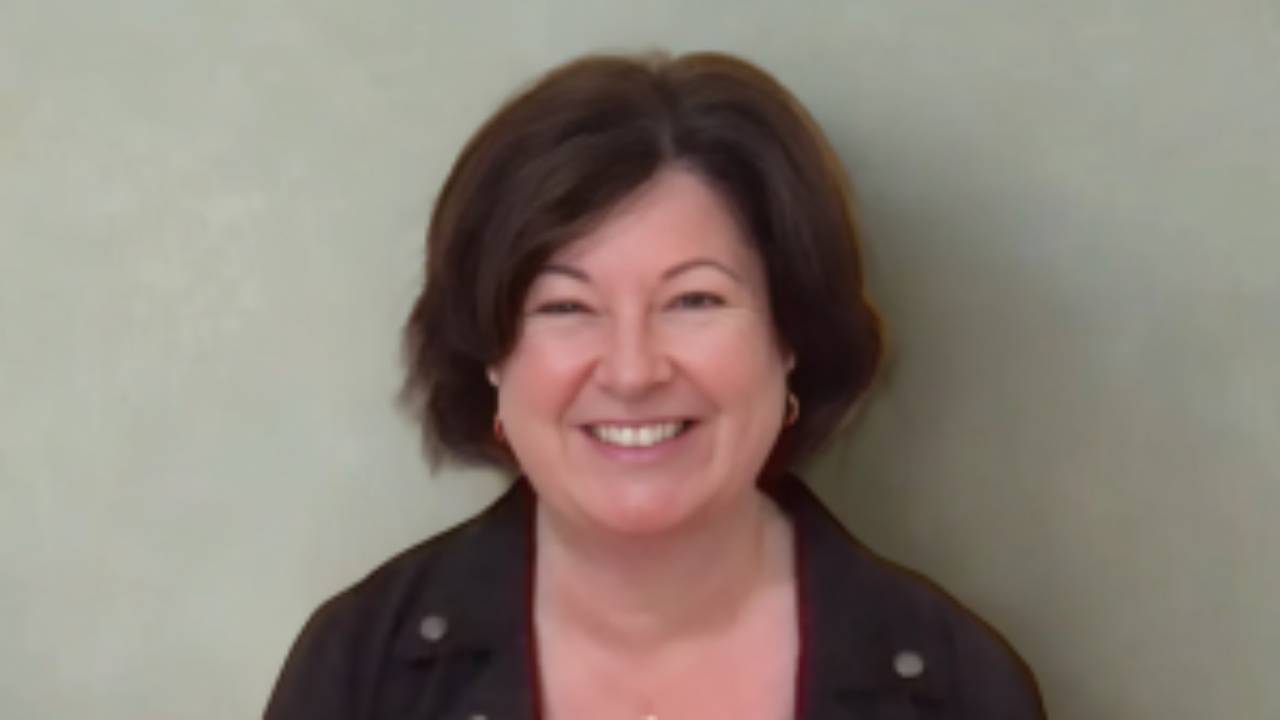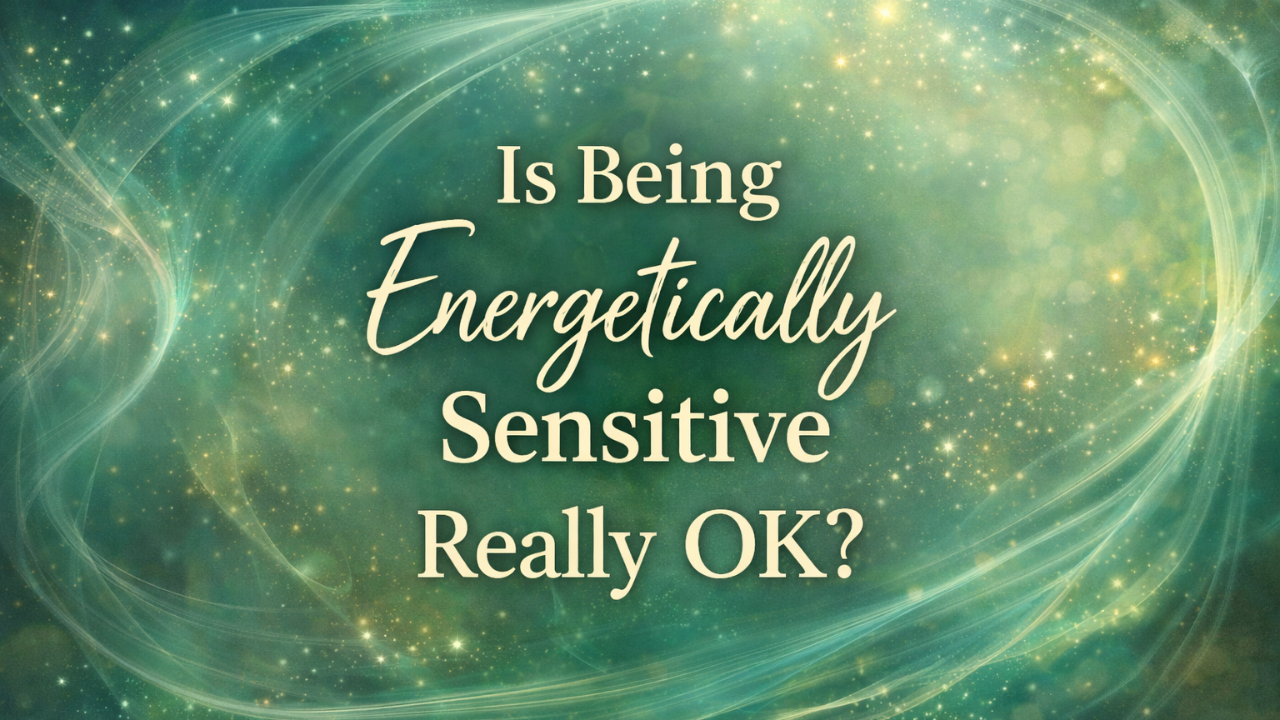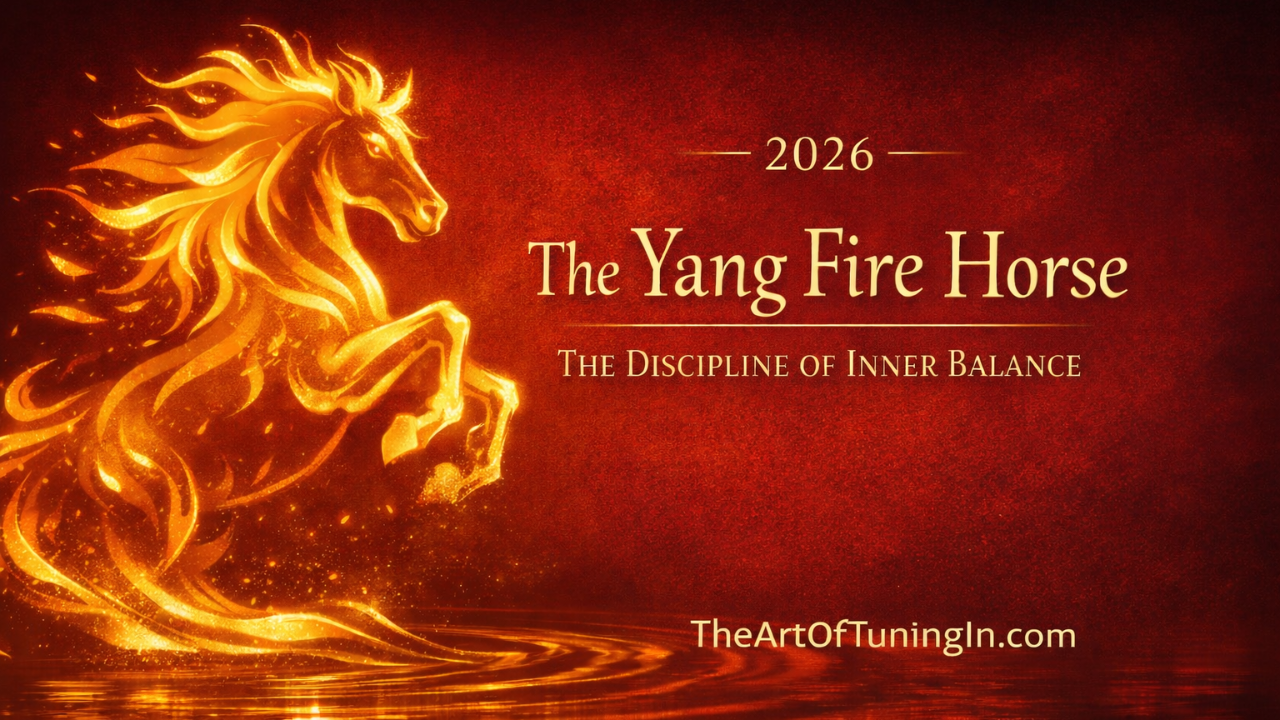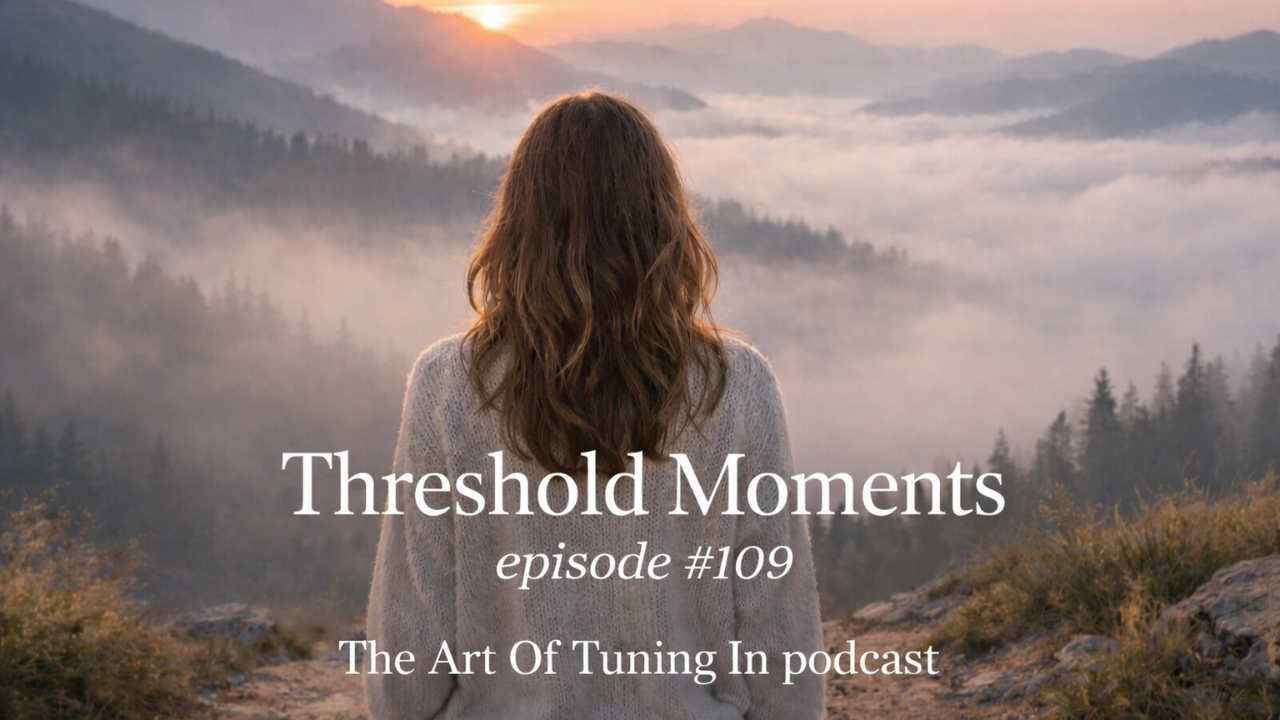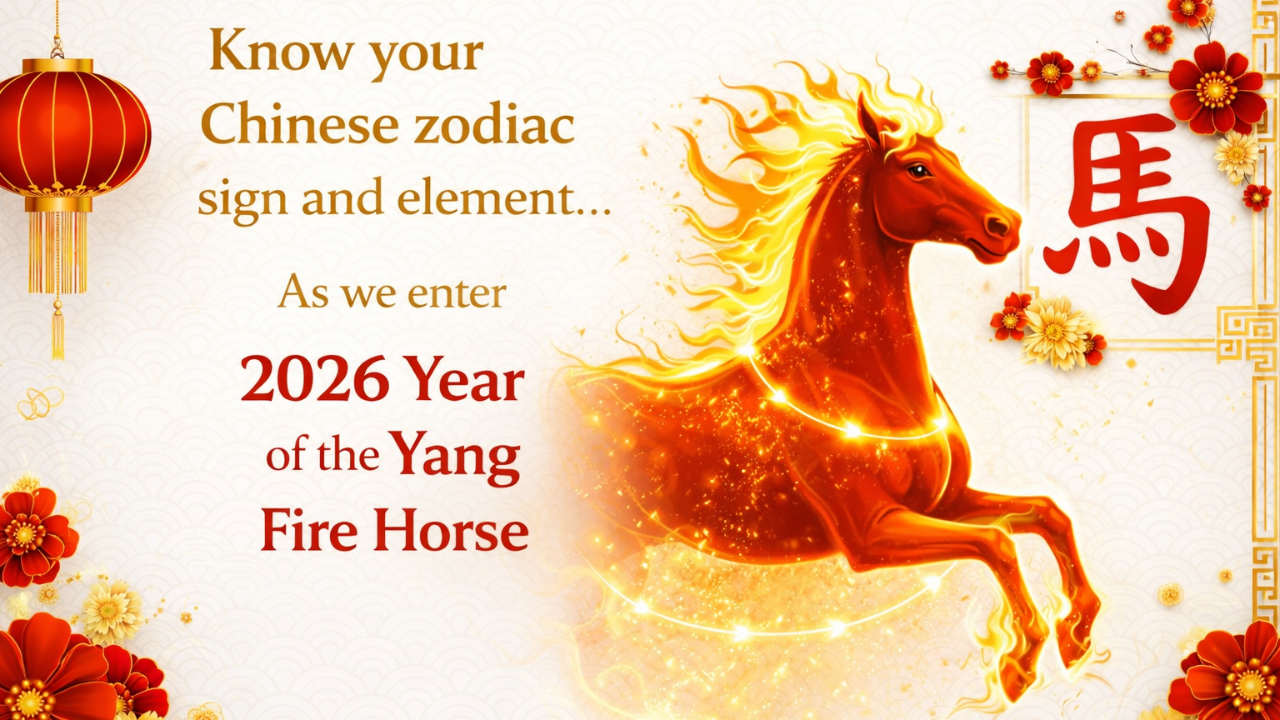Health, Medical, Martial Qigong vs. Taijichuan | #006
Sep 26, 2019
I get asked a lot the differences between Health Qigong, Martial qigong, Medical Qigong and Taijiquan - and In today’s episode I’m going to share with you in a really easy to understand way, what those differences are.
*Please subscribe to this podcast on your favorite app: Apple Podcasts | Google Podcasts | Podcast Addict | Stitcher | TuneIn | Listen Notes | Spotify | Player FM | Vurble
Breathing Break
But first… Let’s pause and take one moment to access our breath. Inhale through your nose if you can and exhale nice and long out your mouth….
Lets get present.. And again when you’re ready a nice full inhale through your nose and an even longer exhale nice and slow out your mouth.
Breathing is essential when you train in any type of soul/mind/body practice. Our breath is life. It gives life energy to every cell in our body. It moves our Qi. Different kinds of breathing methods go hand in hand in the practice of Qigong, medical Qigong and Tai Chi.
In episode #004 I shared a little about how Qigong helped me with an injury and chronic pain I experienced many years ago and the definition of Qigong. If you haven’t heard that episode you might want to explore it.
Today I’d like to break down the major differences between Health Qigong, Medical Qigong and Tai Chi and I’m also going to talk briefly about martial, or what many people call Sport Qigong.
So let’s begin with Taiji - I would say in my experience that many people are more familiar with Tai Chi than with Qigong - or have seen it practiced more often in parks or on television.
Even though Tai Chi Chuan (Taijiquan) can have amazing beautiful slow and graceful flowing movements, Taijiquan was originally created as a martial art.
Taijiquan translates to Supreme Ultimate Fist or commonly called Supreme Ultimate Boxing.
The beautiful forms that are part of Taijiquan in either their long forms or short forms are actual strikes and blocks and flowing, leveraging techniques such as the style of “Push Hands.”
Taijiquan is a martial system that focuses on the dynamics between yin and yang.
A form in any martial art is a practice of specific movements - and they’re practiced as an imaginary fight against an opponent. Taijiquan is practiced just like Qigong in that it integrates breathing, balance, focused intention, strength and relaxation techniques with each movement and is incredibly beneficial to health and mental/emotional well-being.
Qigong is not a martial art.
This is the biggest difference between Tai Chi and Qigong practices. Qigong philosophies and techniques are weaved within a Taijiquan practice, but Qigong was not created as a fighting art.
So for easy clarity let me explain a little about each version Health Qigong and Medical Qigong
If you were to go take a general well-being Qigong class - you would be taking a health qigong class. The exercises, breathing and sets of movements taught to you in that group class would be geared towards a specific goal of general health and mental relaxation in the body for all in the class.
If you were to work with a medical qigong doctor they would evaluate your specific condition and then prescribe specific exercises based in medical qigong, to move you toward your specific health and emotional well-being goals.
I always explain Qigong to people this way
If you were to go to a physical therapist for an injury - they would prescribe and teach you very specific exercises, stretches, and treatments for you to do to heal your specific injury.
In medical qigong not only do I prescribe exercises to treat injuries and chronic pain, but also health issues such as recurrent or chronic illness, managing high stress lifestyles, digestive issues, and all kinds of physical disharmonies.
Medical Qigong is based in traditional chinese medicine and when you work with a medical Qigong doctor they will know how to diagnose your challenges first through traditional chinese medicine diagnosis and then instead of using acupuncture (unless they are also an acupuncturist) they will prescribe you medical qigong exercises that you will practice at home. And these exercises keep the energy moving through your body the same way an acupuncture treatment moves the energy.
If the medical qigong doctor is also skilled in medical qigong therapy which is an energetic treatment that helps clear, direct and rebalance the energy flow in the body in the same ways an acupuncture treatment does, they may also perform a medical qigong therapy treatment on you.
As I mentioned in episode #004 "What is Qigong" when we practice qigong exercises the benefits are that it fully engages your breathing, focuses and creates clarity in your mind, pumps the lymphatic system, stretches the fascia of the body, engages the parasympathetic nervous system which the relax, digest and repair system of the body and it moves the energy through the meridian systems.
With medical Qigong exercises you target specific levels of healing in the body.
For example say I’m treating someone who has lung weakness - maybe they have always had weaker lungs, or they have recently had a run with pneumonia, bronchitis, colds, flues, or someone who is going loss and a grieving period in their lives and we want to really support and strengthen this part of their system - especially since the strength of the lung energy also influences our immunity protection…
We would use specific medical Qigong exercises for releasing what needs to be released in the lungs (like phlegm if there’s phlegm present, or emotional energy in the example of assisting someone in loss and grief) then we would move into specific regulating and strengthening exercises to enhance the energy of the lungs.
Chinese medicine is very different from western treatments in health - in that instead of just giving something to release the phlegm for example, or to subdue the emotional feelings of sadness - we know we have to follow up with the next phase of regulating the energy and strengthening the energy in these areas of a person’s health - otherwise what will most likely happen is the very next season the lung issues will repeat themselves because instead of clearing the issue you’re suppressing it.
And I’m using lung issues as an example today but this can be any disharmony in the body - digestive, headaches, pain, fatigue, etc.
And then there is martial Qigong - martial is sometimes in the modern day called sports Qigong and this kind of qigong is dynamic and used to increase physical strength and stamina in the bodies organs, muscles, tendons and ligaments. To practice martial Qigong you should be in good health first.
Qigong in all its forms is not all slow moving and neither is Tai Chi. There are a variety of movements and exercises that range from slow to quick, easy and relaxed to challenging and high intensity of strength building. Breathing also is not always slow - there are a variety of breathing methods used for different purposes in creating a release of emotional and physical energy in the body, to harmonizing and creating peace in the body and to building and strengthening the bodies electromagnetic field.
So I hope this brief overview give you an easier glimpse into the world of Chinese energetic arts and medicine.
So to recap:
- Tai Chi Chuan (Taijiquan) translate as “Supreme Ultimate Boxing” and was originally a fighting art and is also used as a healing self practice. It has a series of movements that flow into the next to create longer or shorter style forms. Qigong techniques and understanding are used in all forms of Tai Chi Chuan. Some health benefits of Tai Chuan are greater balance, stretch and opening of the meridians, lymphatic flow and mental focus and emotional balance and peace.
- Qigong translates to “Energy Skill” and is a healing art form that also focuses on cultivating the internal energy of the body.
- Health Qigong is for general well-being.
- Medical Qigong is used for specific diagnosed conditions and treats with prescribed medical qigong exercises. Through specific targeted movements to clear, regulate and strengthen organ systems and enhance energetic flow in the meridians, lymphatic pumping, fascial engagement, stretching and blood circulation, while relaxing the nervous system and enhancing the immunity of the body.
- And finally, martial or sport qigong is using a dynamic form of qigong training to enhance the needs and demands of martial artists and athletes.
When focusing the mind on the movements of Qigong and this also includes Taijiquan, it distracts the mind, creating a moving meditation and brings you into a state of complete internal presence. This kind of presence is a true integration of soul, mind and body and beyond the physical health benefits, is just so supportive to enhance mental and emotional peace within ourselves.
Check out > episode #004 "What is Qigong" learn more.
I hope this was helpful and insightful for you today. Thank you for being here and I wish you a beautiful week of health, love and grace.
